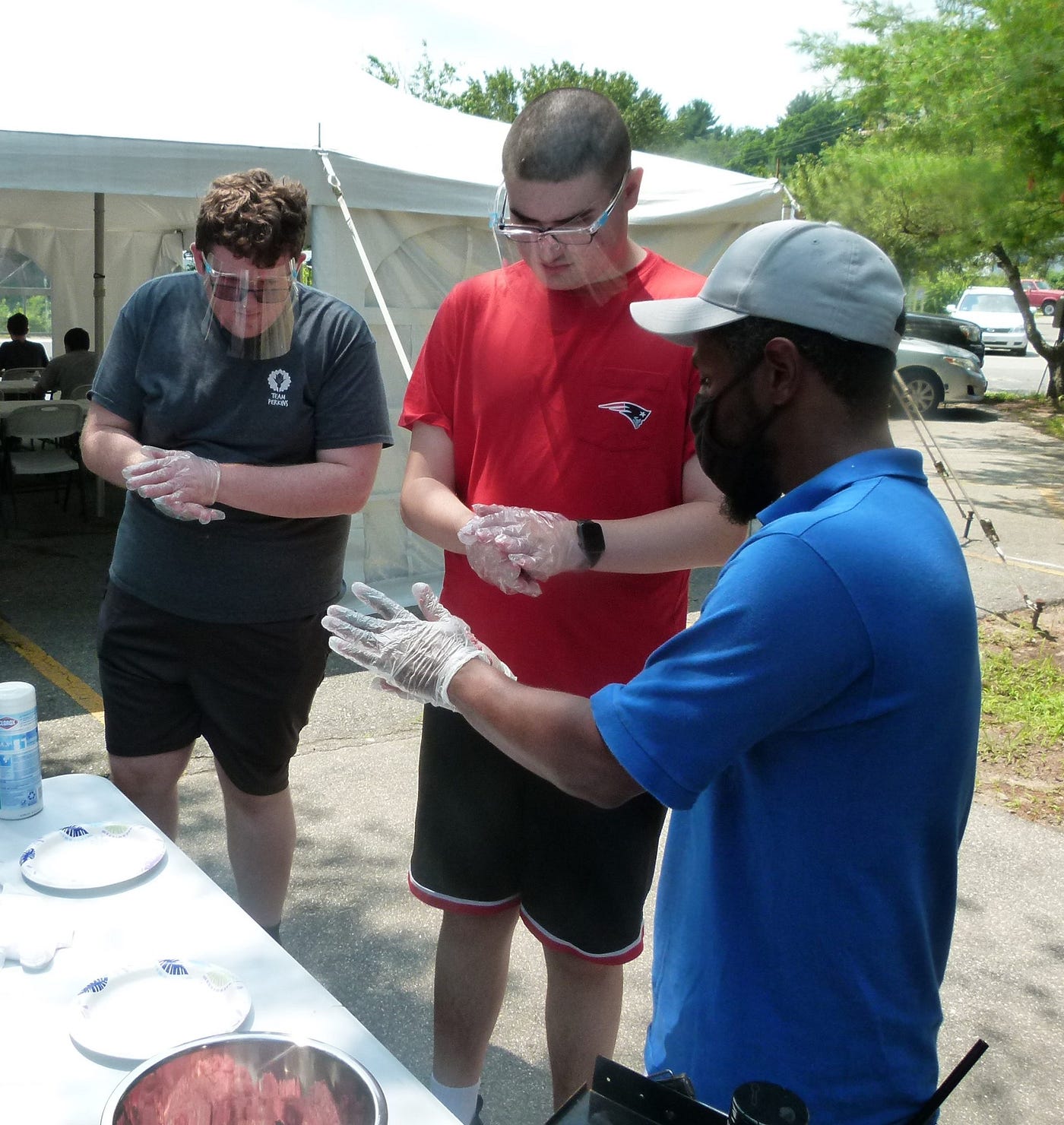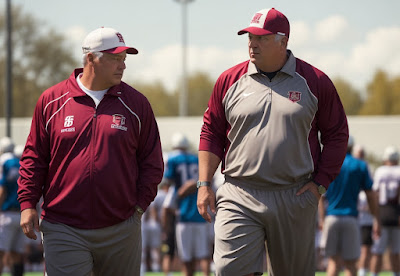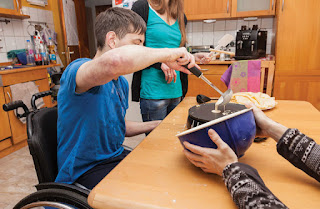Youth Services Program For Independent Living - How Does it Work?

Youth Services and Youth Program Transition Services are free of charge to persons with disabilities up to the age of 14 and their families.
The Youth Service and Youth Programs Transition Service provide comparable support and services, but they target different objectives. The Youth Services Program aims to improve educational and community opportunities for children aged 5 to 13. The Kids Transition Services Program provides a range of life skills courses to assist youth with disabilities in moving to independent living.
INCLUDED SERVICES-
Peer Help: To accommodate individual requirements, TILC offers one-on-one peer support as well as support groups for parents and children.
Educational Advocacy: Educational assistance programmes, IDEA laws, Individualized Education Plan (IEP), and Section 504 regulations are all examples of educational advocacy.
Independent Living Skills Training: the services and youth programs include one-on-one independent life skills training to children to help them with various life transitions, such as the transition to living independently after high school or college.
Adolescents with Disabilities Mentorship Services:The Youth Services collaborates with local agencies to provide opportunities for youth with disabilities to engage in job and college mentoring programmes.
School Disability Awareness Program: A variety of youth programmes are available in school activities to assist children learn about disability in a fun and informative setting.
Youth Social Events and Peer Support Groups: Through outdoor activities, movie evenings, and other events, Youth services provide social activities and peer support for youth with disabilities.
Program Ability: the youth programmes include summer day camp for disabled adolescents ages 7 to 21.
PETS Summer Program: Youth services collaborates with Vocational Rehabilitation to offer an 11-session Pre-Employment Transition Services Program to youth with disabilities ages 14–21.
Work Readiness Youth Internship Program: Youth programs collaborate with local schools and vocational programs to give chances for young people with disabilities to gain work experience at our office.
Families, schools, and community agencies aspire to achieve the following goals through youth services and youth program advocacy:
- Educate disabled adolescents and their families about their educational rights.
- Increase chances for disabled adolescents to learn independent living skills that encourage and cultivate independence and self-advocacy.
- Increase the number of successful adolescent transitions from school to independent living, and assist in the formation of partnerships among students, parents, educators, businesses, and community groups.
- Advocating for systems that provide educational, recreational, social, and job possibilities for disabled youth.
CONCLUSION
The Northeast Independent Living Program is well-known throughout the state for assisting persons in regaining and maintaining their independence and equality in the community through information and referral, advocacy, skills training, peer counseling, and transitions.
They are a group of people who work together to establish an all-inclusive community free of communication, attitude, economic, and architectural obstacles for all people with disabilities.
The NILP Youth Services and Youth Program assists young people in developing fundamental employment ready skills, improving social and communication skills, and developing self-esteem and self-confidence. Through peer mentorship and assistance, we assist adolescents in reaching their greatest potential.


Comments
Post a Comment